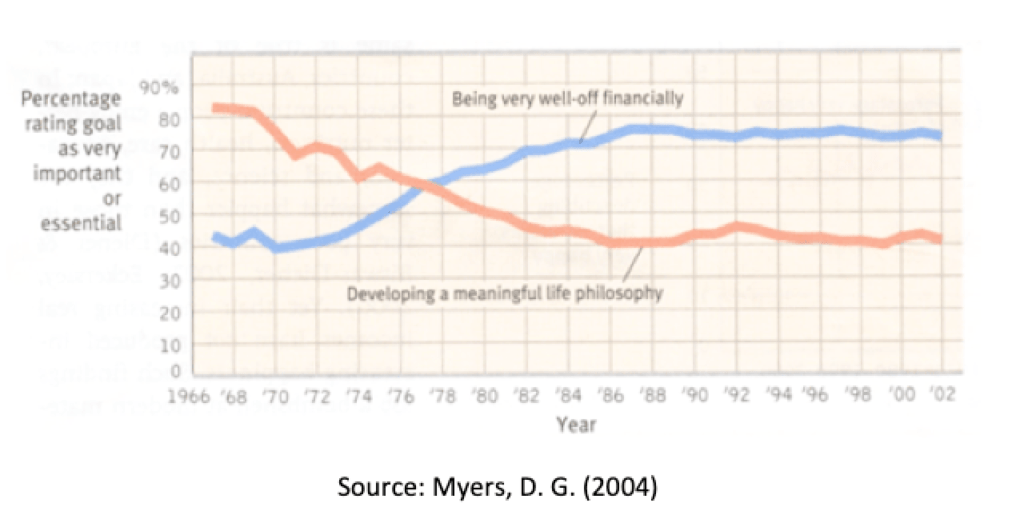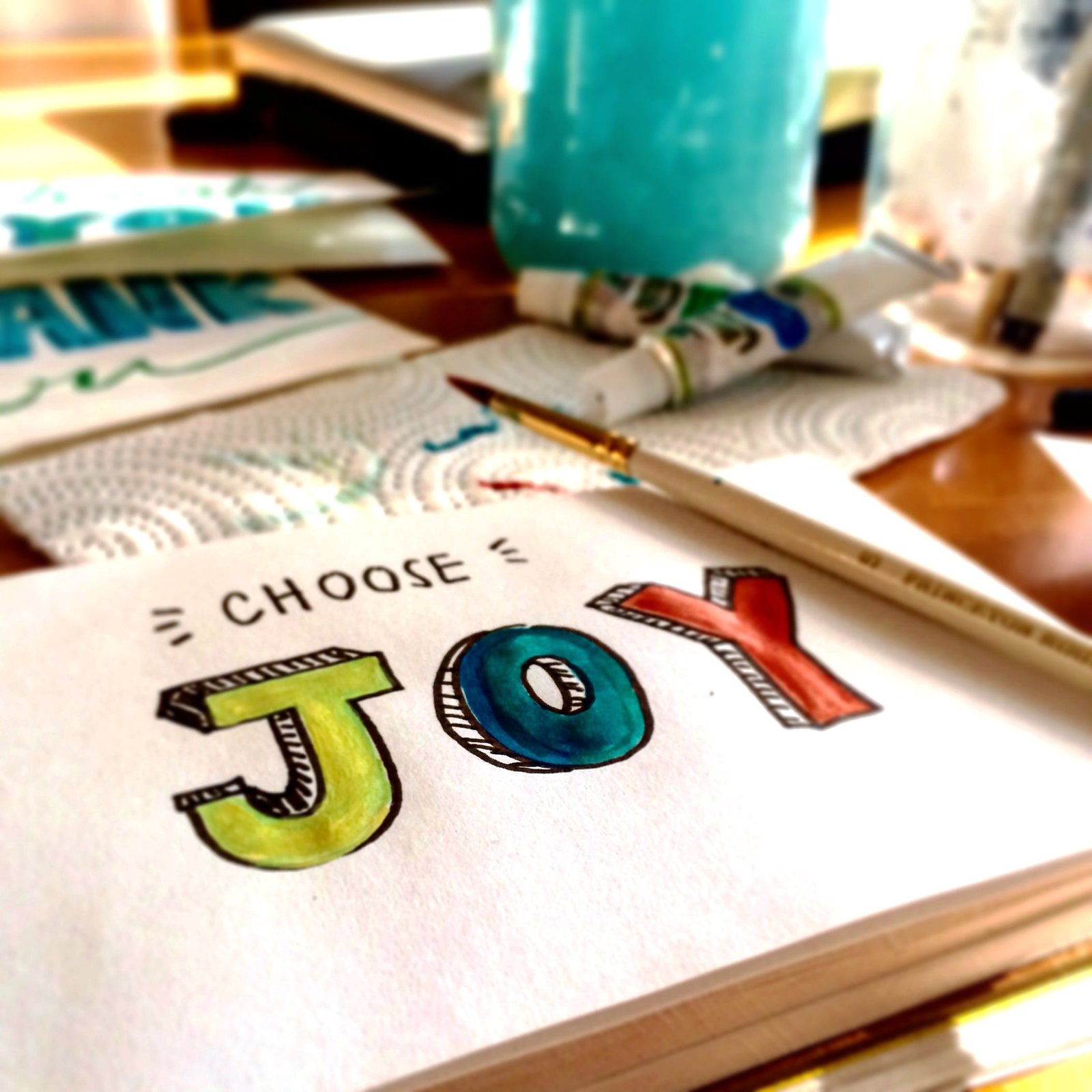Across society we see an unprecedented convergence of interest upon the subject of happiness (and…

The Great Aha of an ‘Unknown Known’
As looking back upon his life as an old man, Robert McNamara, (the US Defence Secretary during the Vietnam War), had a revelation…
In life, there are three kinds of things we can know:
- The Known Known – what you know that you know
- The Unknown Known – what you know you don’t know
- The Unkown Unknown – what you don’t even know that you don’t know
But there’s also a forth kind of knowing. And it’s the most dangerous and deceptive kind of knowledge – the Unknown Known.
This is the knowledge about the things that you think you know, which turns out that you did not.
In McNamara’s own life, he thought he knew what it would take to win a war. He thought he had to just manage the war more efficiently – like he knew to do with corporations.
So he would put in place KPIs, incentives, structures of management controls, deadlines and achievement targets…
But what he thought he knew about war, as well as Vietnam, its people and its values, this was dead wrong.
For like the author Mark Twain put it,
“It ain’t so much the things that people don’t know that makes trouble in this world,
as it is the things that people know, that ain’t so.”
What if what we think we know about
what it would take to make us happy, ain’t so?
For all know what happiness is, don’t we?
My three-year-old can already answer this. It’s the feeling you get when you have what you want, or you get to do what you want … right?
But if this is true, and we live in a time when we have more things than at any other time in history… when we have more freedoms to do whatever we feel like than at any other time in history…
Then why does psychological depression continue to rise?
For in first world countries like ours, when we put it all together, i.e.
- all the material goods we have,
- plus all the energy we have available to use on our creature comforts,
- plus all the freedoms we have to be who we want and travel to places
All these far, far exceed what most kings and queens throughout history ever had!
Most of us have resources that were previously only reserved for emperors, and many ‘things’ that even they could never buy – like cars, air travel, computers, mobiles… etc.
So if we have more things and more freedoms,
should our civilization not be the happiest civilization in human history?
Here’s an Interesting Fact:
From 1967 until 2002 each year there was a survey of more than 250,000 students who entered the U.S. College, as a nationally representative sample of 550 higher education institutions of all types. They were asked a simple but telling question –
For what purpose are you here to study?
In 1967, the majority of university students (or 83%), answered that the most essential thing was to learn how to develop a meaningful life philosophy. Only 42% thought that what was essential was to be well-off financially as a result.
By 2002 this trend reversed. By then only 40% of students thought that developing a meaningful life philosophy was essential, while the majority who attended universities, was in order to essentially advance financially:

Could this have something to do with our
increasing dissatisfaction and depression in our lives?
This particular research stopped back in 2002, but related research projects into today, indicate that these trends are moving even further downwards. (No surprise there…)
Yet here’s another revealing piece of the puzzle.
In that same research, with those same students, they were also asked about the level of importance they placed on money and the level of importance they placed on love in their life.
Last they were asked to self-assess their satisfaction with life. The overall results were graphed, as shown below…

What did this research reveal?
A simple truth – the more one valued money, the more dissatisfied, the more that one valued love, the more satisfied.
This particular research stopped back in 2002, but related research projects into today, indicate that these trends are moving even further downwards. (No surprise there…)
Yet here’s another revealing piece of the puzzle.
In that same research, with those same students, they were also asked about the level of importance they placed on money and the level of importance they placed on love in their life.
Last they were asked to self-assess their satisfaction with life. The overall results were graphed, as shown below…What did this research reveal? A simple truth – the more one valued money, the more dissatisfied, the more that one valued love, the more satisfied.
But why should this be so?
Join us and come to understand why.
For our happiness pursuit is not merely one mere aspect of our lives (one that is currently, attracting much ‘fashionable attention’, for better or worse), but …
Why happiness is THE BEST ORGANIZING PRINCIPLE,
for how to improve all aspects of life, HOLISTICALLY.
With the right perspective on happiness, not only can we improve our mental, emotional, and physical well-being – but with a right happiness understanding, we also have the solid FOUNDATIONS …
- For how to improve our social relations,
- For how to improve our society or culture, as well as
- For how to improve our environmental or ecological stewardship
Like Mahatma Gandhi was to once state, “Take care of the Vital Thing and all other things take care of themselves. Rectify one angle of a square and all other angles will automatically be right.”
‘The Great Aha!’ reveals why happiness is arguably the most Vital Thing. It makes the connection as to why an enlightened Happiness Pursuit is a holistic solution to life’s hardest dilemmas, particularly in the emergent complexity of 21st century living.



